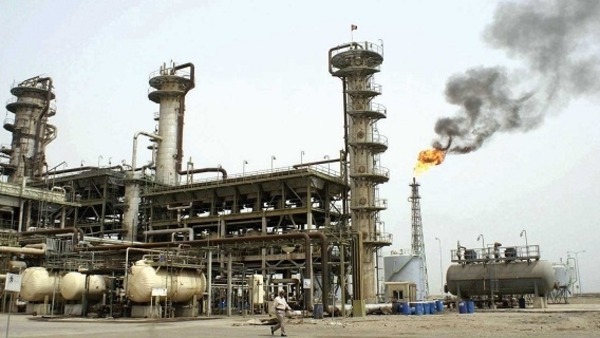Khartoum , March 20 ( Darfur 24)
The Sudanese Oil Minister has informed the Chinese and Malaysian production partners that Sudan cannot fulfill its obligations to deliver crude oil from South Sudan through Sudanese territory to Port Sudan, due to a major rupture that occurred in the pipeline network.
The Sudan War Observatory said on Wednesday that the rupture occurred due to the blockage of an underground pipeline in the territory controlled by the Rapid Support Forces( RSF) north of White Nile State, about 20 kilometers south of the city of Al-Qatina.
The minister pointed out that pumping stations run by the state-owned Bashayer Pipeline Company (BAPCO) ran out of diesel fuel due to military operations in the area, causing a blockage that led to a “major rupture,” according to a letter dated March 16, signed by the Sudanese Minister of Energy and Petroleum, Mohie. Al-Din Naim Muhammad Saeed.
The minister added that pipeline engineers arrived in the area to contain the situation, but repairs were delayed due to the security situation.
The Sudanese Oil Minister informed the production companies that “resolving these issues faces challenges due to the circumstances of the ongoing war between the Sudanese army and the Rapid Support Forces RSF which makes the Government of Sudan declare a state of force majeure that prevents it from fulfilling its obligations to deliver crude oil via the pipeline to Port Sudan.”
The communications outage in the region complicated the efforts. Moreover, restarting the system requires the availability of fuel at pumping stations, which appears to be not the case, according to the Sudan War Observatory.
Last month, the Rapid Support Forces published a video of engineers visiting Pumping Station 3 near the rupture site, but did not provide any details about the reason for the visit.
The Observatory explained, “If this rupture cannot be repaired, it threatens a major source of revenue for the governments of both countries, especially South Sudan, which has failed to develop alternative sources of income since its independence from Sudan in 2011.”

